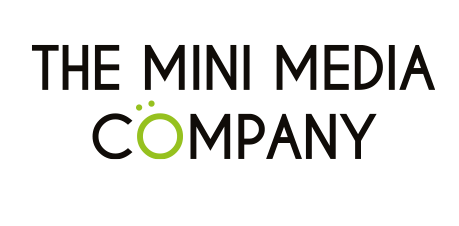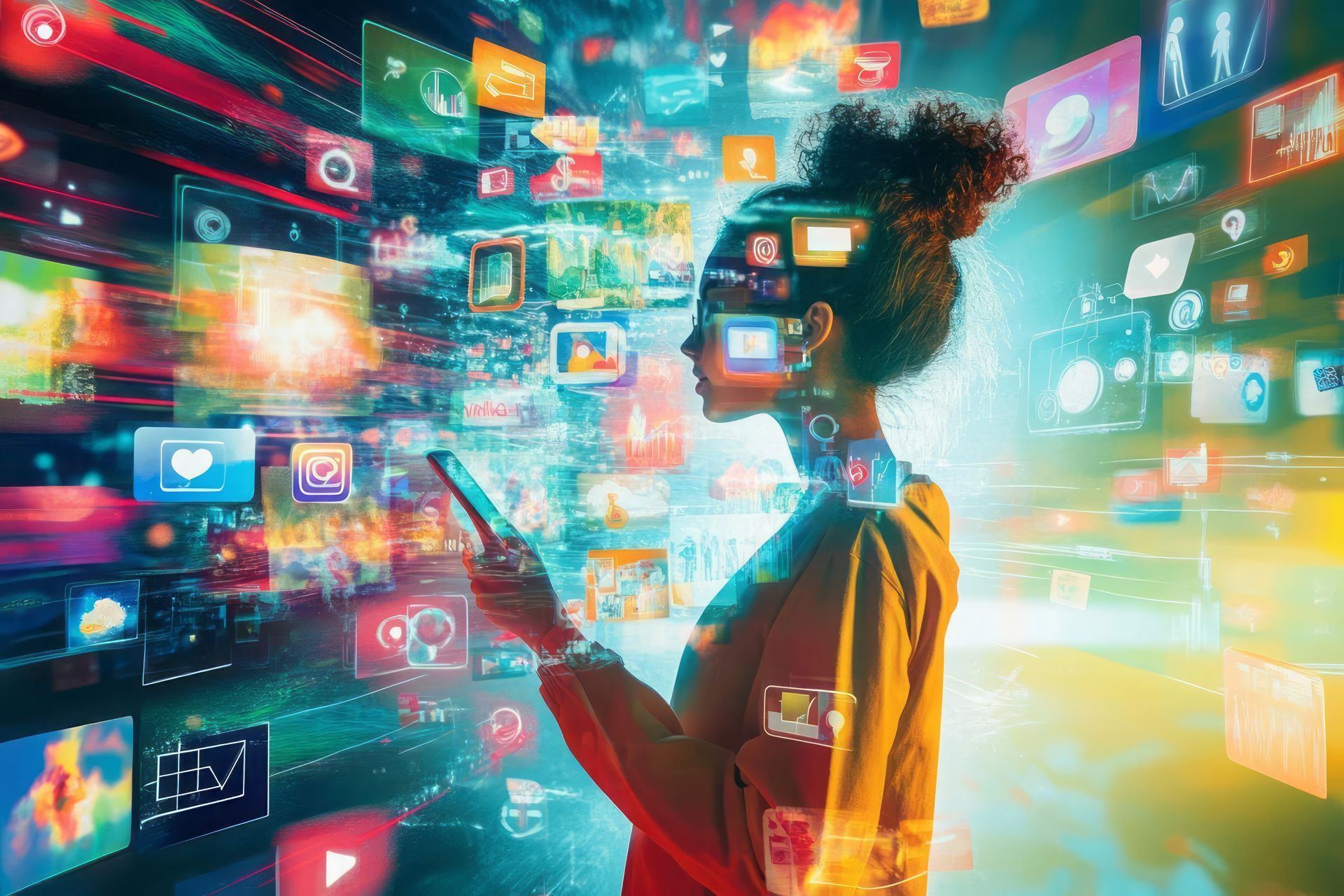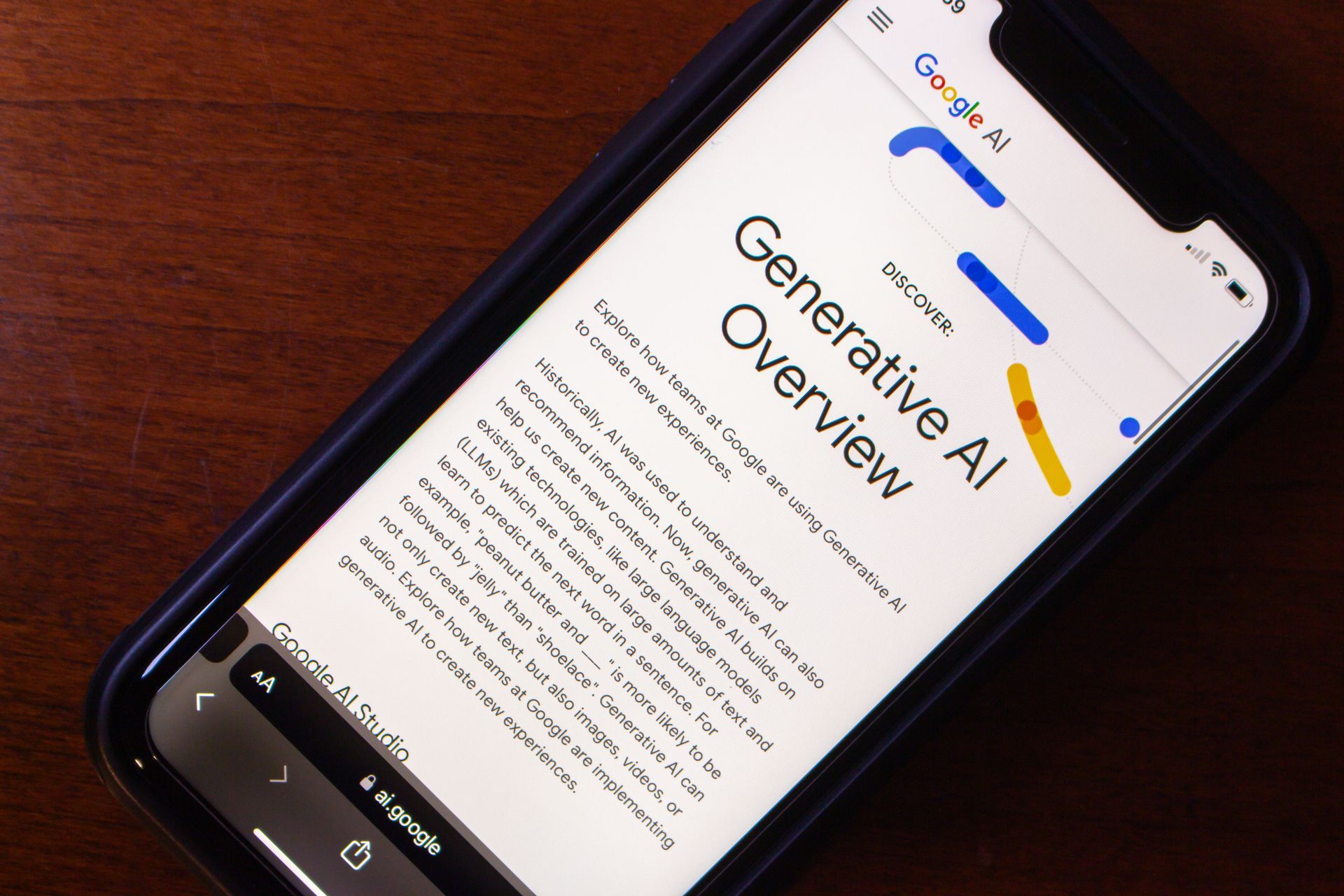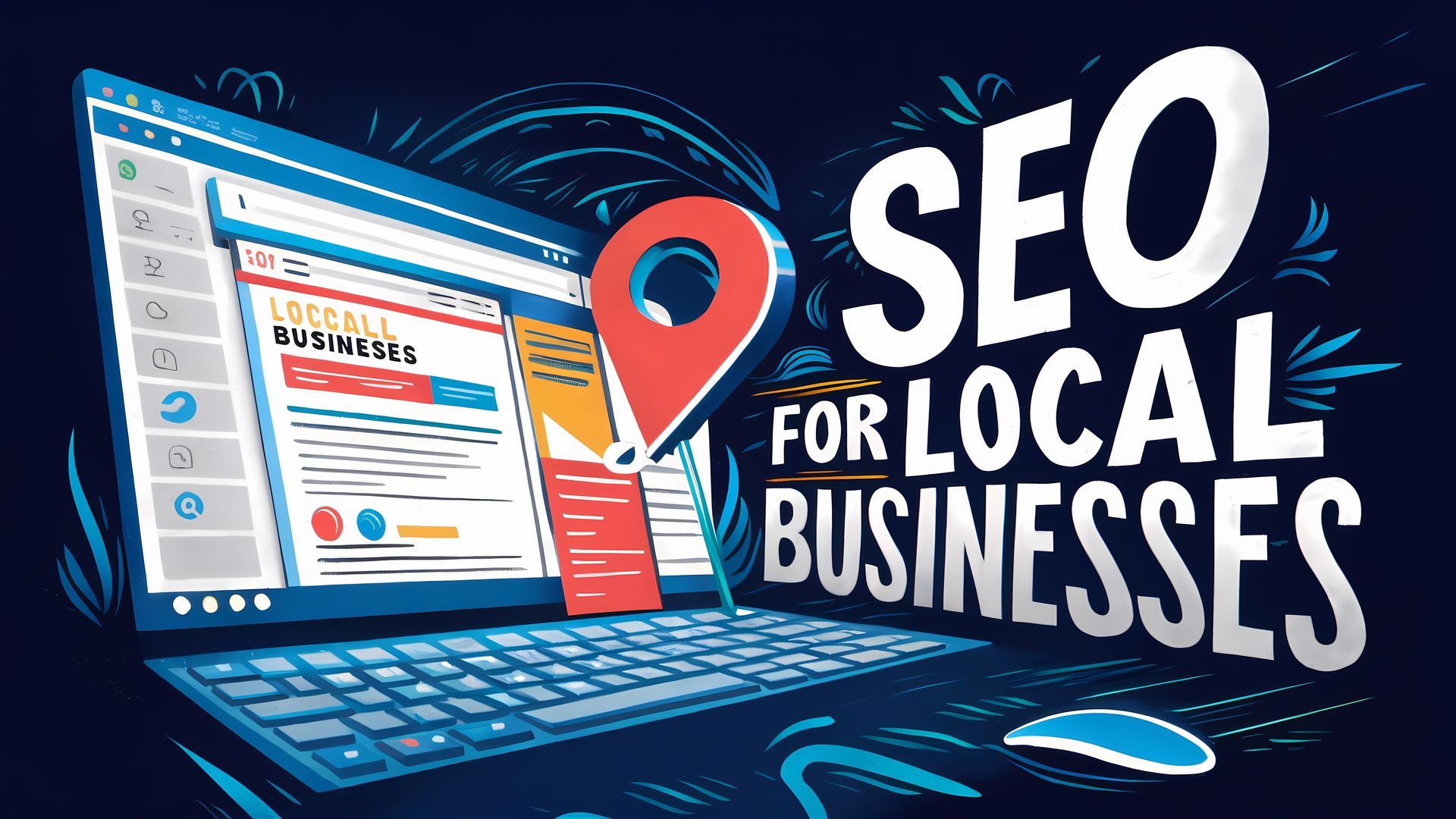How AI in Our Devices is Replacing Common Sense: The Long-Term Impact on Society
As AI continues to be integrated into everyday devices, are we losing our ability to think critically? Discover how AI is affecting decision-making, common sense, and its potential long-term consequences for society.
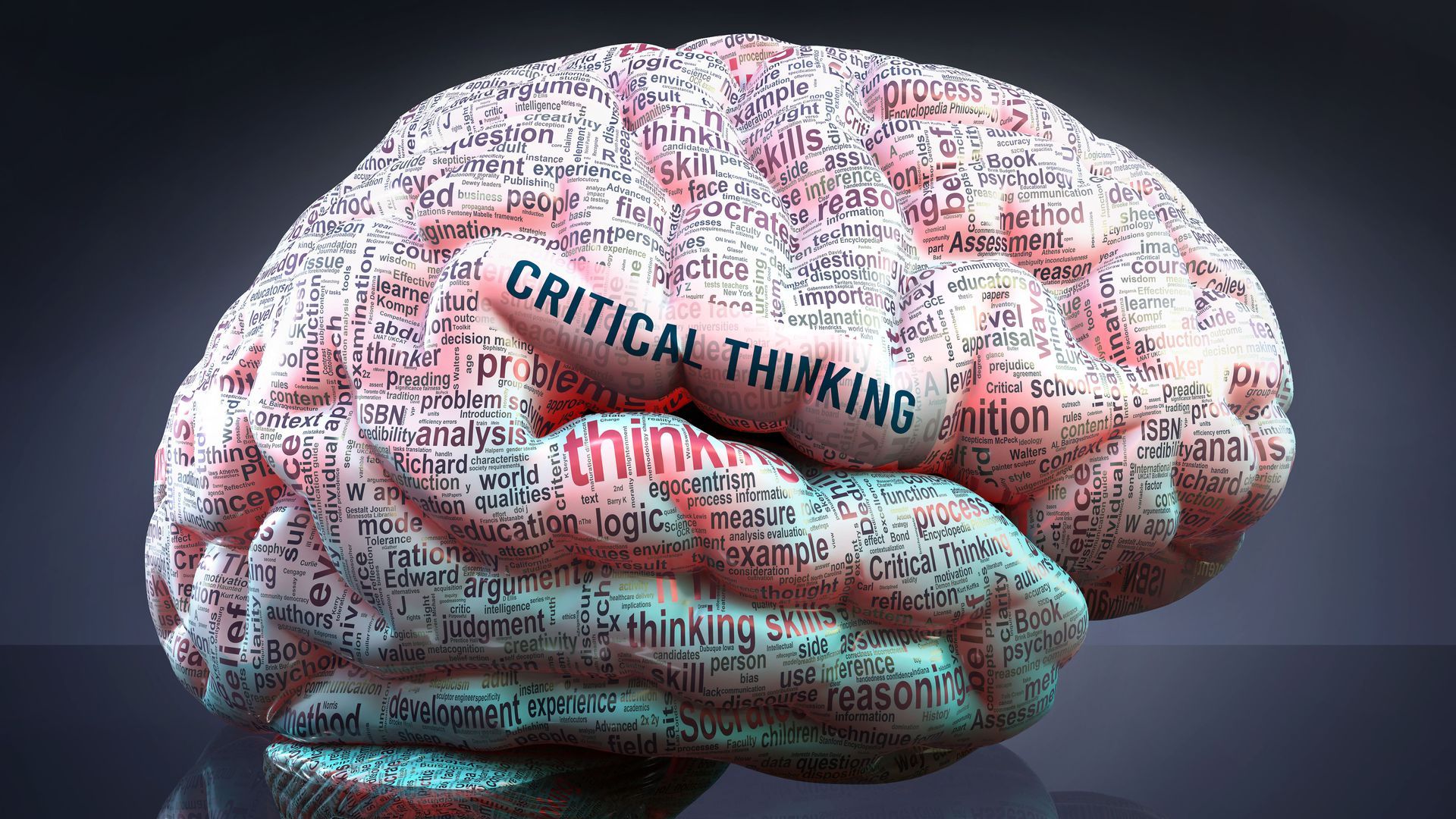
The Rollout of AI in Our Devices: Is Common Sense Becoming Obsolete?
Artificial Intelligence (AI) is becoming increasingly prevalent, finding its way into virtually every device we own. From voice-activated assistants like Siri and Alexa to smart home systems and even self-driving cars, AI technology is rapidly changing the way we live and interact with the world. However, with the convenience these innovations bring, there is growing concern that we may be relying too heavily on AI, sacrificing our innate ability to think critically and exercise common sense in our day-to-day lives. This raises an important question: What impact will the widespread adoption of AI have on us in the long term?
The Growing Dependence on AI
For many of us, AI has become a silent partner in everyday tasks. Whether it's automating routine activities like setting reminders, controlling appliances, or navigating through traffic, AI provides a layer of convenience that is hard to ignore. In the workplace, AI tools assist with everything from managing emails to conducting data analysis, while in personal life, AI-based apps help monitor health, suggest meals, and even manage finances.
As these AI-driven devices and services evolve, they’re increasingly doing more of the thinking for us. What once required human judgment and decision-making is now outsourced to algorithms that provide us with optimal choices—often reducing the need for us to analyse or question information ourselves. While this sounds like an efficient future, there is a significant downside: the erosion of common sense and the potential for cognitive laziness.
Are We Losing Our Critical Thinking Skills?
One of the key criticisms of the growing reliance on AI is that it might be eroding our ability to think critically and problem-solve in real time. Take, for example, the use of GPS navigation systems. How often do we simply follow a voice instructing us to turn left or right without questioning whether it's the best route? While AI can quickly and accurately calculate the fastest or shortest path, it doesn’t consider all human factors—like personal safety in certain neighborhoods or local traffic quirks that locals might know. Relying solely on AI to make these decisions can result in the gradual decline of our ability to make informed choices based on experience, intuition, and common sense.
In education, there are similar concerns. AI-powered tutoring apps and instant answers from online search engines can provide students with the correct information but leave them with little incentive to explore topics in depth or develop their problem-solving skills. Instead of learning how to think, we are learning how to ask AI the right questions.
The Paradox of Convenience and Control
While AI offers an unparalleled level of convenience, it also presents a paradox: the more control we hand over to machines, the less control we maintain over our own lives. In some cases, this can lead to undesirable outcomes. For instance, smart devices are making everyday decisions on our behalf, from choosing which song to play next to automatically adjusting room temperatures or turning off lights. This means we're engaging less with our surroundings, becoming passive participants in our environment.
Over time, this could condition us to stop questioning the world around us. If AI can handle everything, from managing daily chores to solving complex problems, will we eventually lose the motivation to engage actively in decision-making? In the long term, this loss of agency could have profound effects on how we live, interact with others, and even view ourselves.
The Risks of AI Overreach
Beyond the erosion of common sense and critical thinking, there are broader societal risks associated with the widespread integration of AI. With more devices relying on AI algorithms to make decisions, there is the risk of over-reliance, particularly in areas like healthcare, finance, and security. For instance, medical professionals might increasingly turn to AI-powered diagnostic tools, but what happens when the AI misses something that a human would have caught through intuition or experience? In finance, AI-driven investment platforms might make trades and decisions based on data, but can they account for human behavior, which often defies logic?
Moreover, the ethics of AI decision-making come into play. AI systems are only as good as the data they're trained on, and biases in these datasets can lead to skewed results. As AI makes more decisions for us, from recommending what to buy to predicting criminal behavior, it raises questions about fairness, accountability, and trust in machine-made decisions.
Long-Term Impacts on Society
In the long term, the widespread adoption of AI could result in a society where critical thinking and problem-solving skills are in decline. This may lead to a generation that is less capable of handling unexpected challenges and relying more on technology to provide answers. In an increasingly AI-driven world, human error could become a rarer occurrence—but so could human ingenuity and adaptability.
The evolution of AI also has implications for employment. As more jobs become automated, the role of human workers will shift. While AI can eliminate the need for humans to perform repetitive tasks, it also risks eliminating the opportunity for people to develop practical skills that are essential for creative and strategic roles. This could lead to an economic divide where those who are well-versed in AI and tech thrive, while others struggle to keep up.
Conclusion: Striking a Balance
As AI becomes more integrated into our daily lives, it’s essential to strike a balance between embracing technological advances and preserving our human qualities. We must remain aware of the potential pitfalls of over-reliance on AI and actively engage in decision-making to prevent the loss of common sense and critical thinking. AI is undoubtedly here to stay, but we should ensure it enhances our lives rather than replaces our ability to think for ourselves.
Additionally, in the marketing world, companies that recognise and leverage the human advantage—focusing on creativity, empathy, and personalised connections—will stand out and ultimately prevail over their fully automated competitors.
While automation can handle data analysis and trend prediction, it lacks the personal touch and nuanced understanding that only human insight can provide. Successful marketing in the AI era will be a blend of technological efficiency and human intuition.
The Mini Media Blog

The Mini Media Blog

All Rights Reserved | The Mini Media Co
The Mini Media Company Ltd
Beaconwood
Bordon Hill
Stratford Upon Avon
Warwickshire
CV37 9RX
Company number 11194674
ICO REF: ZB184523
Terms & Conditions of Business Click HERE
Contact Us
01789 417 897
info @ minimediaco.com
Areas we cover:
Stratford upon Avon, Royal Leamington Spa, Evesham, Redditch, Solihull, Banbury, Cotswolds, Daventry, Rugby, Coventry & United Kingdom.
Privacy click here

